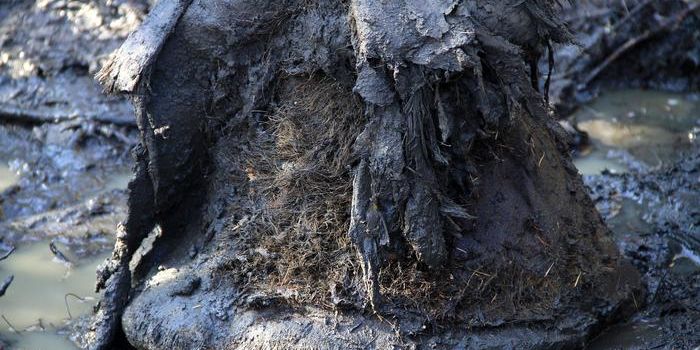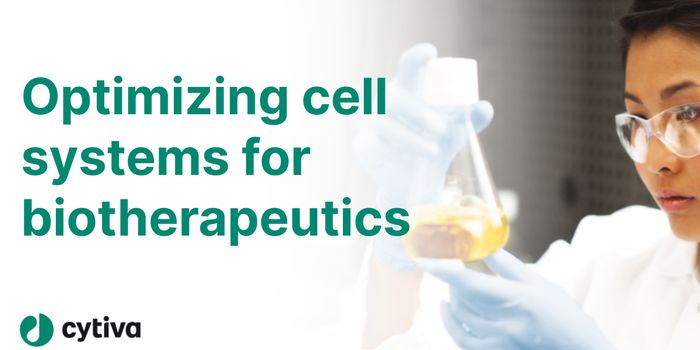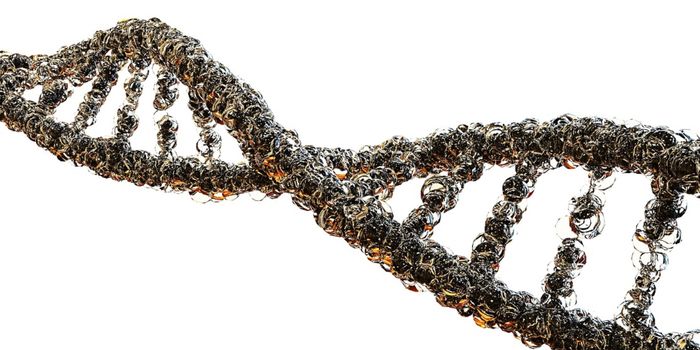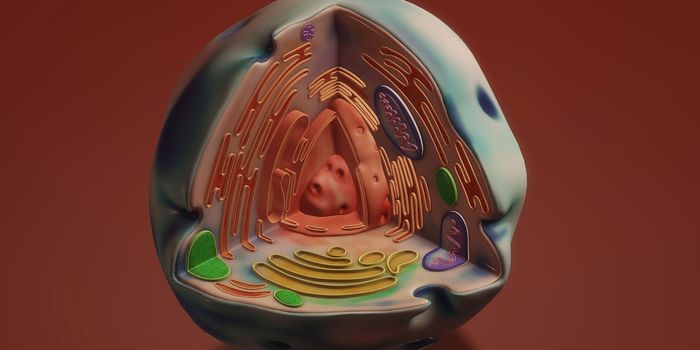Tiny Blood Samples Provide Insight Into Newborn Development
After a baby is born, it undergoes a series of rapid biological changes as it develops, adapts to living outside of the womb, and is exposed to microbes in its environment. Researchers don’t know a lot about all of those processes, partly because it’s been challenging to gather large biological samples from newborns, which often are required for extensive studies. Now scientists have found a way to overcome that hurdle; they have developed a technique that uses only half a teaspoon of blood for molecular, metabolic and genetic analysis. The findings have been reported in Nature Communications, and could dramatically improve infant care.
"Up to two-thirds of newborn deaths can be prevented if effective health measures are provided at birth and during the first week of life. Of the 5.4 million under-five child deaths per year, about half occur during the neonatal period, i.e., the first month of life,” explained the senior author of the study Beate Kampmann, Professor of Pediatric Infection and Immunity and Director of the Vaccine Center at the London School of Hygiene & Tropical Medicine.
"Knowledge about key developmental processes during our earliest days remains sparse, but this study plugs some of those crucial gaps. This work is particularly important for vaccine research. Newborns have very limited protection from infection in early life and there is an urgent need to optimize protective measures, including vaccines, used in this age group,” added Kampmann.
For this work, scientists involved with the Expanded Program on Immunization Consortium (EPIC), including researchers at the MRC Unit The Gambia at the London School of Hygiene & Tropical Medicine, used computational approaches to integrate data obtained from the samples they collected. Unsurprisingly, they revealed thousands of changes in immunity and gene expression.
In this study, the parents of newborns living in communities of The Gambia in West Africa were recruited. Two blood samples were taken from the infants - one when they were born, and one on either the first, third, or seventh day of life.
After processing, the researchers revealed dramatic biochemical changes as development proceeded. Their work was then confirmed in another group of newborns in Australia. There were common trajectories in the development of the two groups, indicating that age-specific biological pathways are at work.
"The MRC Unit in The Gambia has carried out important studies in newborns for a long time in order to optimize the use of vaccines. Given our excellent community relations and infrastructure, we were ready to partner with our collaborators to apply the new tools of systems biology to very small blood samples. We wanted to establish this work in a real-world situation in order to gain insight into immune development in a setting where new interventions can have the biggest impact on newborn survival,” said Kampmann.
"Most infections in the world occur early in life, and newborns have the greatest susceptibility and the worst outcomes. This work provides a valuable window into health and disease in the first week of life. Our exciting findings allows us to ask bigger questions about the differences between different populations and the impact of biomedical interventions such as vaccines on development,” said a senior author of the work Ofer Levy, Director of the Precision Vaccines Program at Boston Children's Hospital.
"Currently, most vaccines are developed by trial and error. We seek deep molecular insight into vaccine function in early life so we can better develop infant vaccines for the future. We demonstrated that it's possible to recruit newborns in a resource-poor setting, obtain small amounts of their blood, process it, ship it, conduct systems biology assays and integrate the results -- turning big data into knowledge."
Larger batches of patient samples will be needed to confirm these findings, and the authors are already looking at the impact of vaccines in a follow-up project in The Gambia and Papua New Guinea. More participants will be included in that work.
Professor Kampmann is featured discussing her research in the video.
Sources: AAAS/Eurekalert! via London School of Hygiene & Tropical Medicine, Nature Communications









